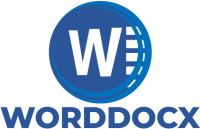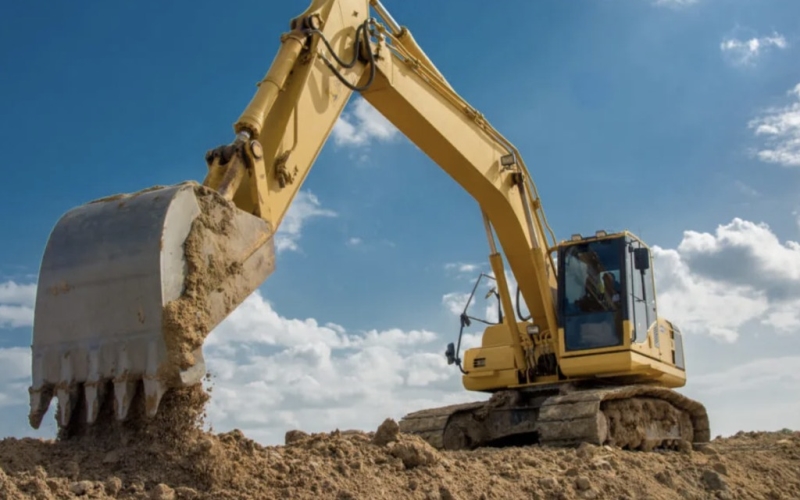Selling industrial equipment can be a complex and challenging process, requiring a deep understanding of the industry and the needs of potential buyers. Industrial equipment encompasses a wide range of products, from heavy machinery to specialized tools and components, and each product has its own unique selling points and target market. In order to successfully sell industrial equipment, it is important to have a clear understanding of the product and its applications, as well as the needs and preferences of potential buyers. The MVP development company in the USA rapidly prototypes and refines innovative software solutions, catalyzing startups’ journey from concept to market success.
One of the key factors in selling industrial equipment is identifying the target market and tailoring the sales approach accordingly. This may involve conducting market research to determine the most likely buyers for a particular product, as well as developing marketing materials and sales strategies that speak directly to their needs and interests. It may also involve building relationships with key industry players, such as manufacturers, distributors, and end-users, in order to establish a strong presence and reputation in the market.
Another important aspect of selling industrial equipment is understanding the competitive landscape and positioning the product effectively against other offerings in the market. This may involve conducting competitive analysis to determine the strengths and weaknesses of competing products, as well as developing a clear value proposition and unique selling points that set the product apart. It may also involve developing pricing strategies that are competitive and attractive to potential buyers, while still allowing for profitability and sustainability over the long term.
Understanding the Industrial Equipment Market
As the global economy continues to grow, so does the demand for industrial equipment. Understanding the current market trends, customer needs and regulatory considerations is crucial for manufacturers and sellers of industrial equipment.
Market Trends
The industrial equipment market is highly competitive and constantly evolving. Technological advancements, such as automation and artificial intelligence, are driving innovation and changing the way industrial equipment is designed and used. Additionally, there is a growing demand for equipment that is more energy-efficient and environmentally friendly.
Customer Needs
Customers in the industrial equipment market have specific needs and requirements that must be met. They are looking for equipment that is reliable, efficient, and cost-effective. Additionally, they may have specific industry requirements, such as compliance with safety regulations or customization options to meet their unique needs.
Regulatory Considerations
Regulatory considerations are an important factor in the industrial equipment market. Manufacturers and sellers must comply with various regulations and standards, such as environmental regulations and safety standards. Failure to comply with these regulations can result in fines and legal action, as well as damage to the company’s reputation.
In conclusion, understanding the industrial equipment market is crucial for manufacturers and sellers. By staying up-to-date with market trends, meeting customer needs, and complying with regulatory considerations, companies can stay competitive and succeed in this dynamic industry.
Strategies for Selling Industrial Equipment
Selling industrial equipment requires a strategic approach to reach the target audience and achieve sales goals. Here are some effective strategies for selling industrial equipment:
Sales Channels
Choosing the right sales channel is crucial to selling industrial equipment. Manufacturers can sell their products directly to customers or through distributors. Direct selling allows for greater control over the sales process and customer relationships, while distributors can provide wider market reach and specialized expertise.
Marketing and Promotion
Marketing and promotion are essential to reaching potential customers and generating leads. Manufacturers should use a mix of online and offline marketing channels, including social media, email marketing, trade shows, and print advertising. They should also create compelling product descriptions and use high-quality images and videos to showcase their equipment.
Pricing Strategies
Pricing industrial equipment can be challenging, as it requires balancing profitability with market demand. Manufacturers should conduct market research to determine the average pricing for similar equipment and adjust their prices accordingly. They should also consider offering discounts for bulk purchases or creating financing options to make their equipment more accessible.
After-Sales Service
Providing excellent after-sales service can help build customer loyalty and generate repeat business. Manufacturers should offer warranties and maintenance plans to ensure their equipment is operating at peak performance. They should also provide training and support to customers to help them get the most out of their equipment.
By implementing these strategies, manufacturers can effectively sell their industrial equipment and grow their business.

